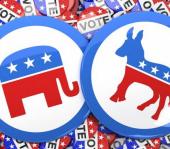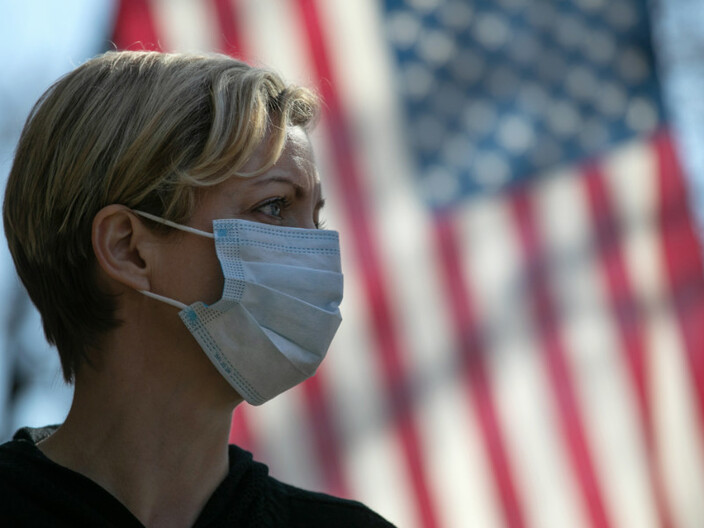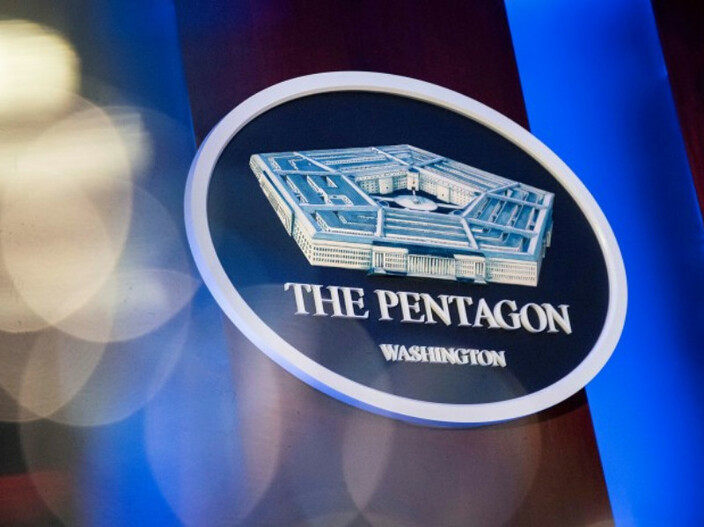
The Democratic primaries are almost here. In just three months, presidential hopefuls will get the chance to flex their muscles as they campaign for office. But as the first primary election approaches, deadlines to register to vote are also getting very close.
Between February and June next year, nearly all US states and territories will participate in the nomination of presidential candidates. Although traditionally the primaries are contested within the Democrats and the Republicans, it’s safe to say that this time around the focus will largely be on the Democrats.
President Donald Trump seems to be the candidate for the GOP right now. Even though some candidates have expressed their interest to challenge Trump for the Republican nomination, we haven’t seen any substantive candidate throw their hat in the race. This could still change over the coming weeks but so far, Trump is the frontrunner for the GOP.

The Democratic primary, on the other hand, has attracted many candidates. Although several have already pulled out of the race, there’s still a substantial number in the mix, including former Vice President Joe Biden.
The primaries are considered a prelude to the general election. Different states have different policies about who can participate in these elections. While in some states you must be a registered member of a political party to participate in their primaries, in others you can just vote regardless of your registration status. States that only allow registered voters to participate in the primaries are referred to as closed states.
However, some closed states may give you the chance to vote. In Oregon and Connecticut, for example, the Democratic Party in the state may give exclusive permission to unaffiliated members to get involved in the primaries as it sees fit.
Open states, on the other hand, allow both registered and unaffiliated voters to cast their votes in the nomination. In some cases, even voters who identify as Republicans but aren’t registered as such can get the chance to participate in the Democratic primaries.
The following is a breakdown of both closed and open states right now.
Closed States
- Washington State
- Oregon
- Nevada
- Idaho
- Utah
- Arizona
- New Mexico
- Alaska
- Hawaii
- Texas
- Louisiana
- Florida
- Iowa
- Minnesota
- Wyoming
- Kansas
- Pennsylvania
- New York
- Maine
- Maryland
- Washington District of Columbia
- Delaware
Open States
Any unaffiliated person can vote even if they are not registered with the Democratic Party.
- Montana
- North Dakota
- Wisconsin
- Michigan
- Illinois
- Missouri
- Arkansas
- Alabama
- Mississippi
- Georgia
- Tennessee
- Virginia
- South Carolina
- Indiana
- Vermont
It’s important to note that state-level policies that govern who can participate in the primaries are very dynamic. Before doing anything, you may want to check in with your local election officials and see if you are qualified to participate or not. Time is also running out so the sooner you do it the better.

















